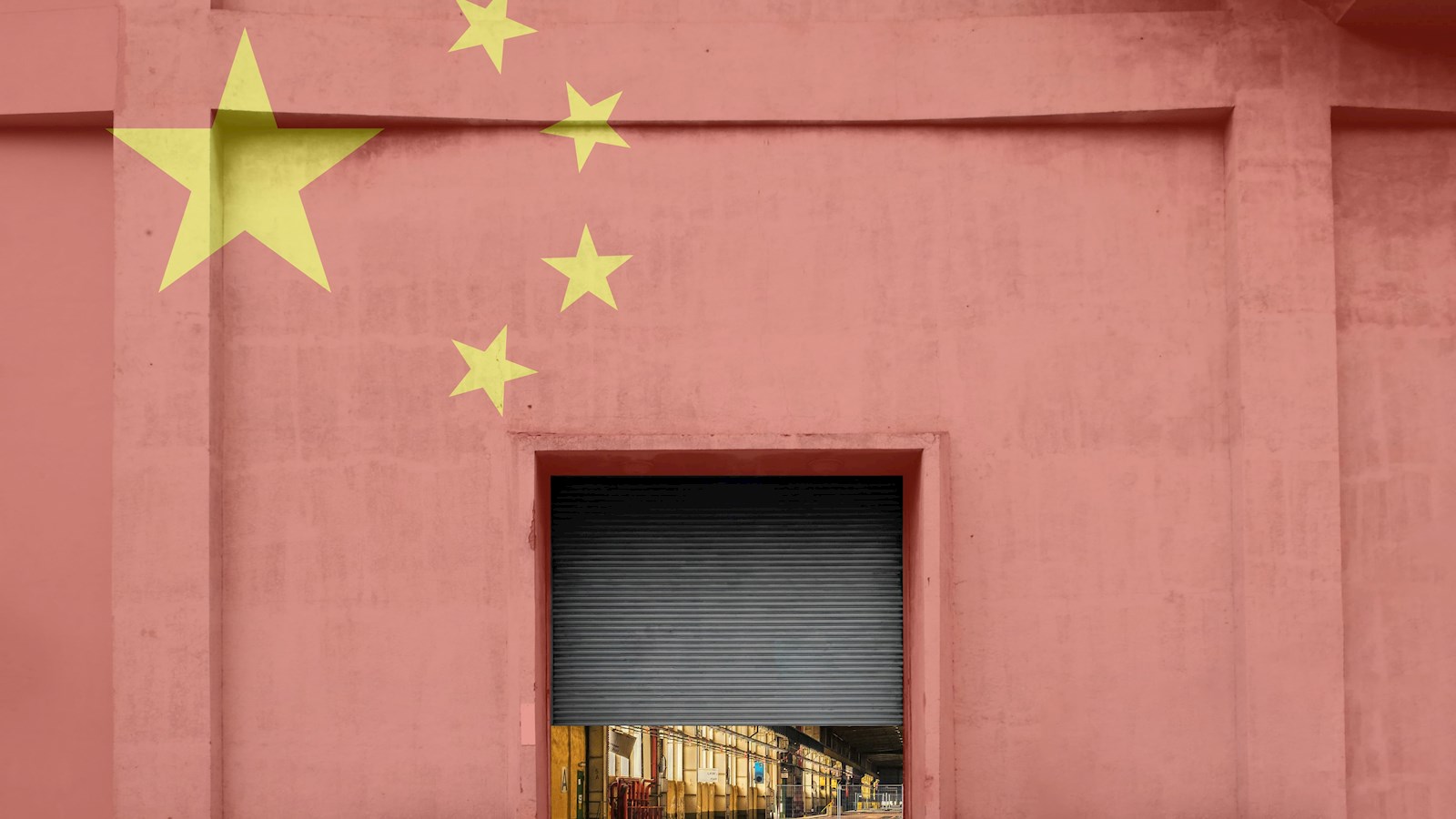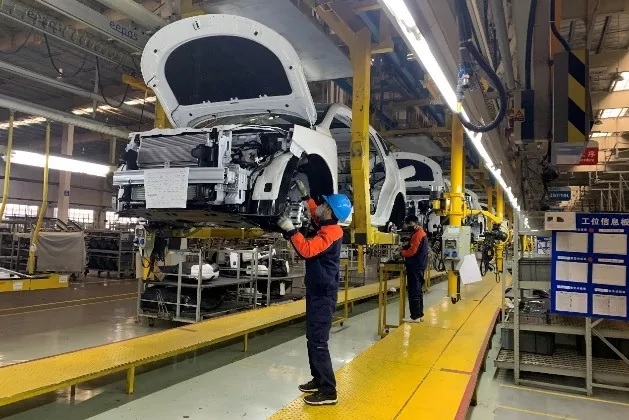
Reopening business in China – finding the new normal
How innovative businesses are balancing wisdom and precaution
As restrictions are slowly being lifted in China, people are beginning to move around more freely and return to a more normal sense of daily life. But what does ‘normal’ mean now?
Many businesses will return to ‘normal’, no doubt, but it’s going to be a new version of normal that each surviving business – big or small – will have to shape for itself. What’s become clear is that the businesses that have survived, or even thrived, over the past few months have become more agile and open to innovation, with the confidence and ability to make things happen at greater speed than before.
China’s largest retailer, Suning, is a good example of this recent change-and-innovation at speed. Suning started out as a bricks-and-mortar retailer but became one of the largest ecommerce players and it transformed itself into an omnichannel empire.

Suning social commerce offers via WeChat mini-programme. Source: Azoya
Ever since the COVID-19 pandemic broke out, the business has shifted to become a collection of micro-merchants, each selling and promoting products through their own personal WeChat posts.
The Chinese have long understood that there can be optimism alongside crisis; indeed, the Chinese phrase for ‘crisis’ is a combination of the characters for ‘danger’ 危 (wei) and ‘opportunity’ 机 (ji). Where previously wisdom might have been replaced by complacency, now a combination of wisdom and precaution is crucial for the survival of any business.
Another good recent example was from a hot pot chain that launched its take-out service in just three weeks, enabling the business to continue trading when China went into lockdown. Its original plan had been to launch the service in two years’ time, yet the crisis has helped to accelerate this change. Now that the business has established this new way of working, the next challenge will be to deliver the brand experience in a more sustainable and environmentally-friendly way, using new wisdom and precaution to continue innovating.
Businesses in China right now need to balance getting people back to work with ensuring their safety, and this will likely be through a combination of a newfound agility, the use of technology and establishing new ways of working. Geely, China’s largest privately-owned car manufacturer, announced that it will not be changing long-term plans and sale targets, nor will it be cutting jobs or salaries. Instead, Geely is rethinking internal structures, project deployments and staffing allocations to become more efficient. Other businesses should take inspiration from this and consider how they can modify current structures, processes and supply chains to optimise how they run.

A reopened Geely plant in China. Source: Geely
Limitation facilitates creativity. Creativity is needed now more than ever to shape the new normal for us as individuals, for businesses and for the world around us.
As Design Bridge's Chief Strategy Officer Simon Black, recently shared: "Agility and wisdom are the attributes that will be attractive to clients as much as anything else. It’s the end of the era of relative innocence". We are here to help our clients not only survive the inevitable challenges that the coming months will hold for them, but also to help them come out stronger, be more sustainable and find their new normal.
A lot has happened since the end of last year, and many people are rethinking how they live their lives in harmony with themselves, with society and with the environment. Brands need to think about their purpose and their role in society. How can they can deliver real value and authentic experiences? Brands with meaningful purpose, and those that genuinely act on it, will almost certainly be the ones that succeed.
published on
05 May 2020
Category
More in Commerce

Media in India: the future is now
Brands pursuing the Indian market must focus on personalised experiences and data-driven strategies

Multinational companies must have an India strategy
The Indian market is hugely attractive to brands, but multinational companies must have a bespoke India strategy

Where there’s women’s health, there’s wealth
There’s huge economic advantage in closing the women’s health gap, and yet still this gap is still formidable

